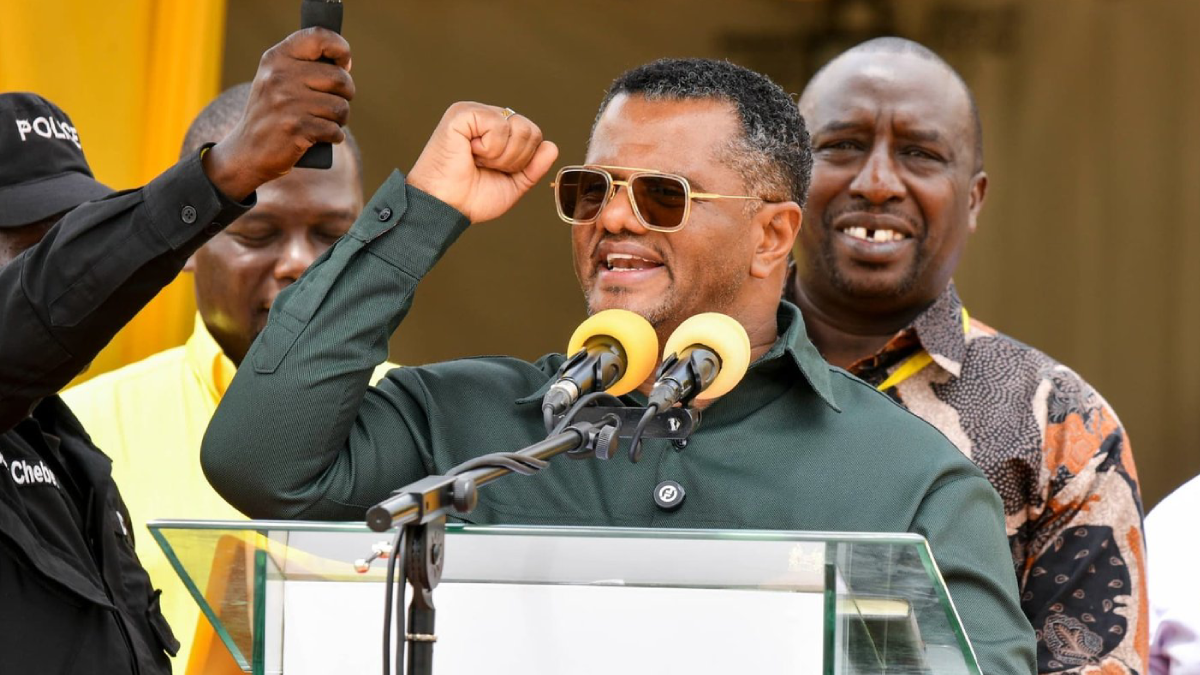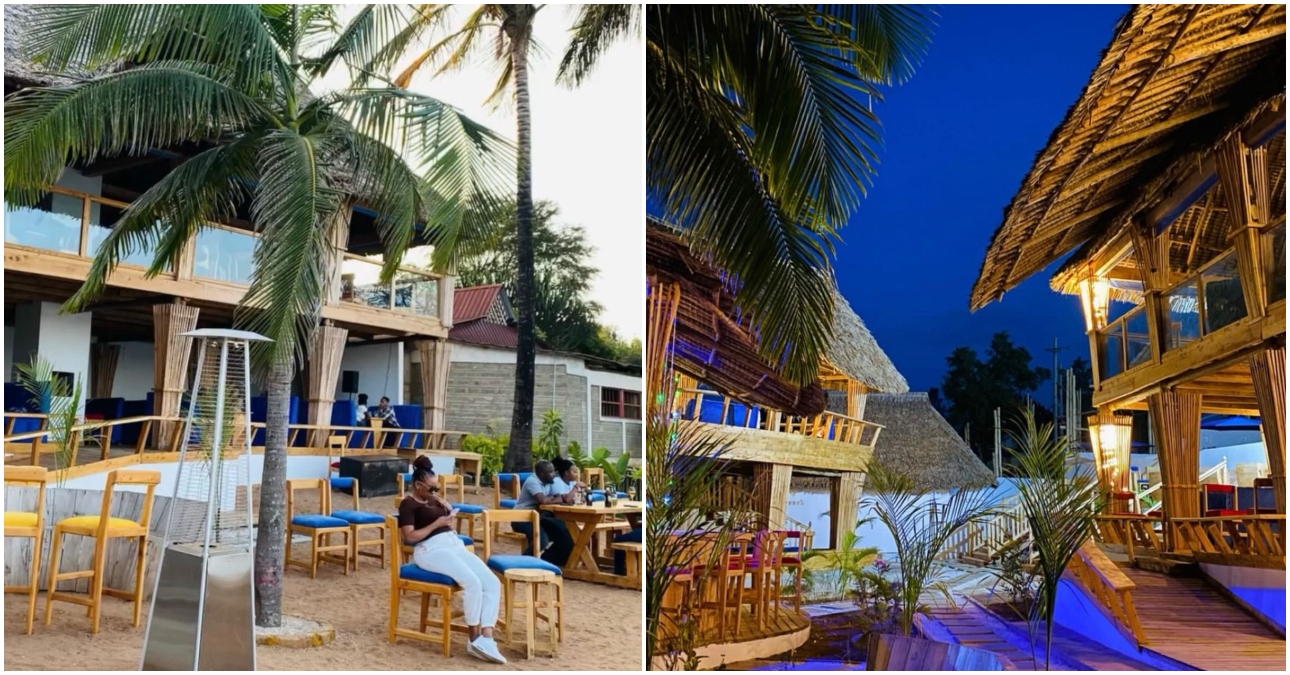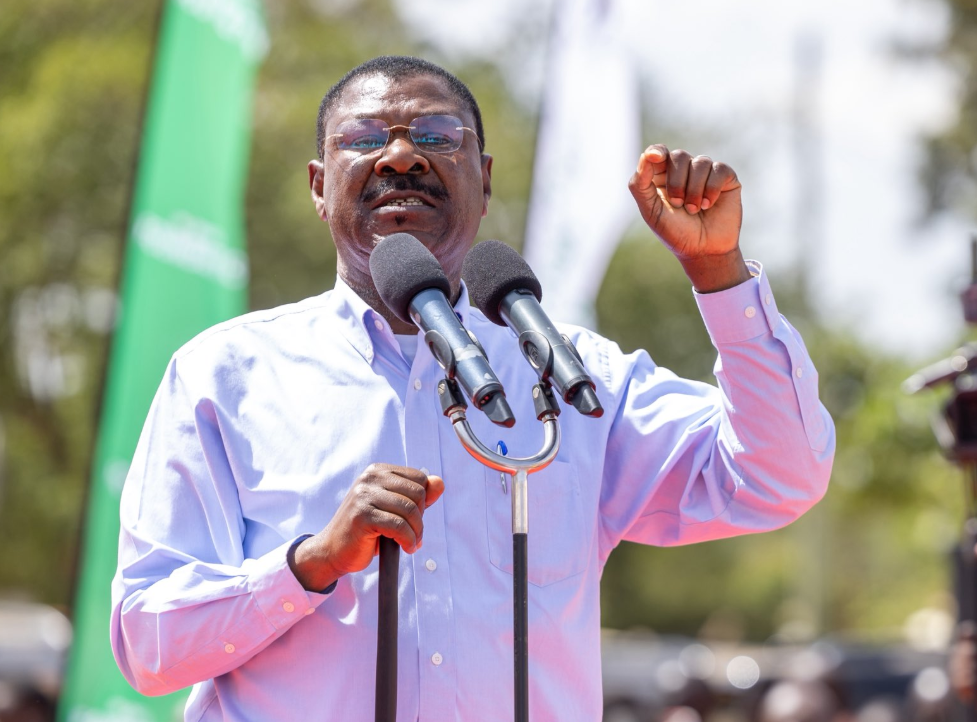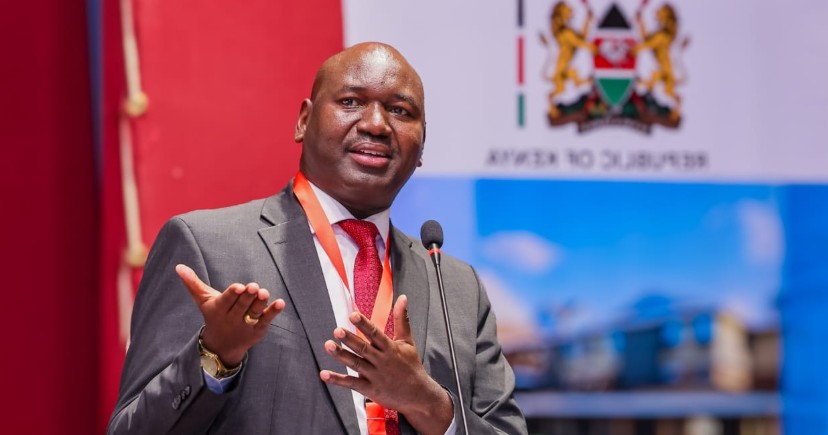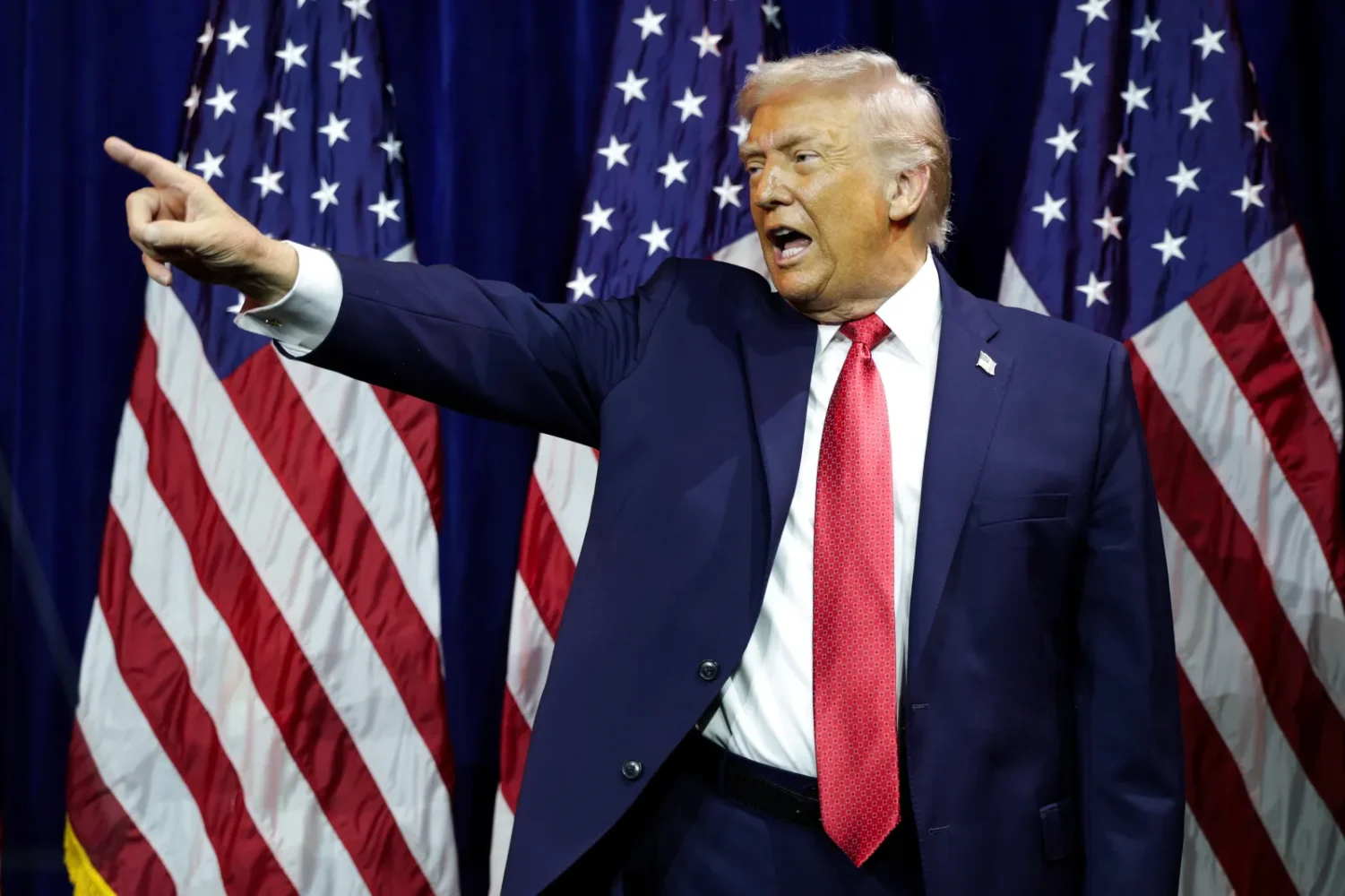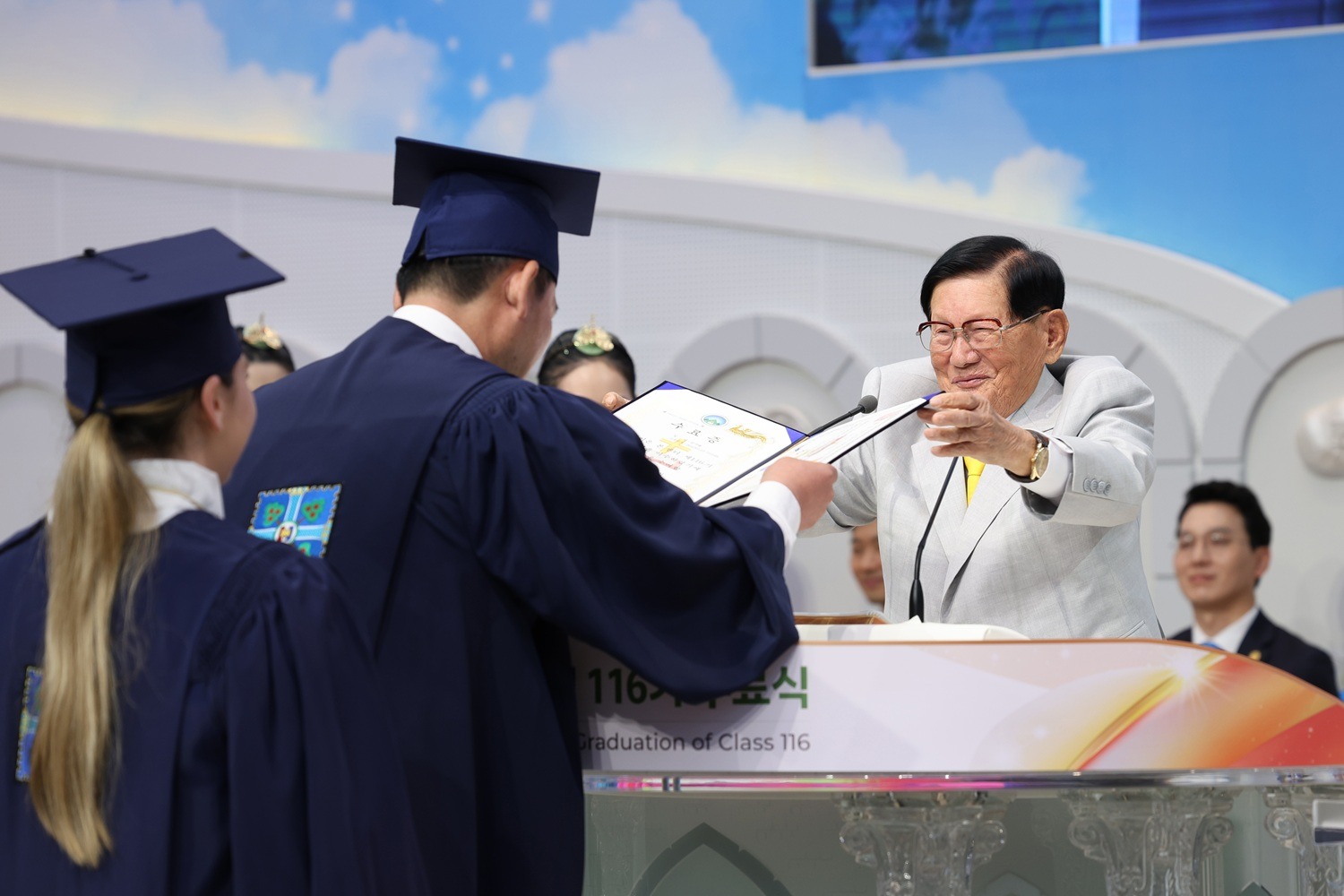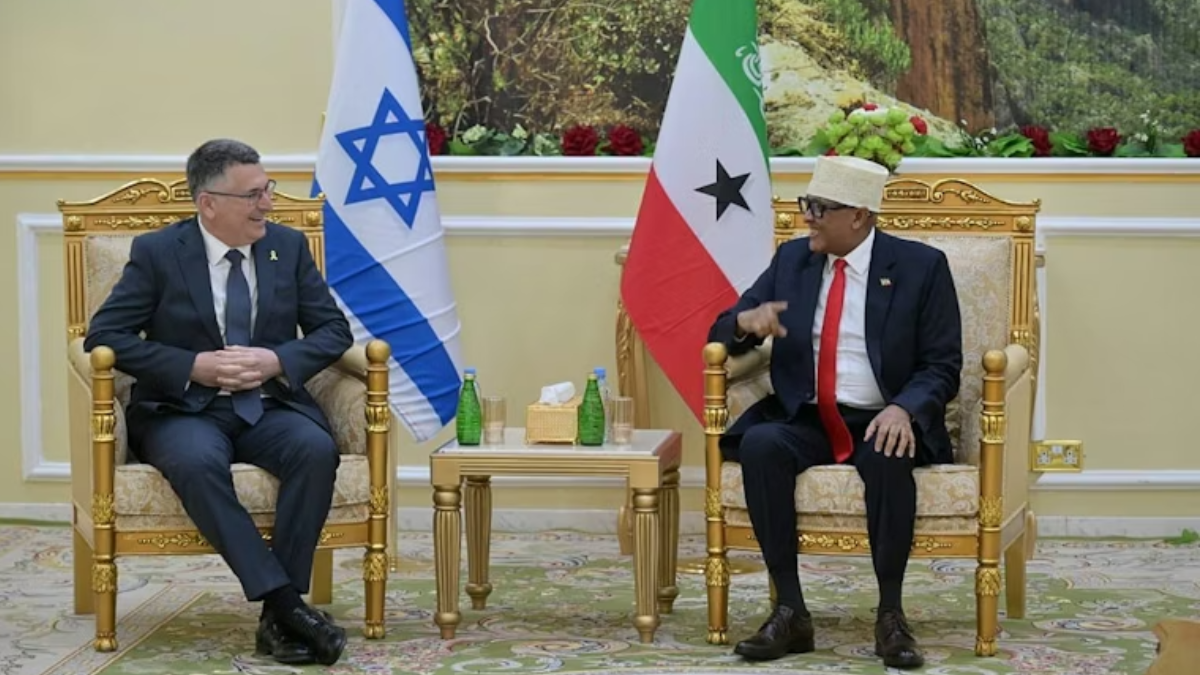Political parties remain the primary pathway to democratic consolidation across the African continent, this is according to United Democratic Alliance (UDA) Party Secretary-General Hassan Omar.
Speaking during a high-level debate themed “Political Parties and the Reconfiguration of the African State: Pathways to Democratic Consolidation in the 21st Century”, Omar emphasised that political parties are so critical because they structure political competition, aggregate interests, organise representation, recruit leaders, and hold governments accountable.
“When parties are weak, fragmented, or personalised, state institutions underperform, legitimacy erodes, and the door opens to anti-democratic tendencies and authoritarian relapse,” Omar noted during the debate held at the University of Nairobi on Wednesday, October 22.
According to Omar, African countries and governance systems must strive to strengthen political parties, as it is a strategic investment in state resilience and democratic durability.
He lauded the establishment of the Office of the Registrar of Political Parties and the Political Parties Fund in Kenya as important steps toward institutional sustainability.
Short-lived parties
Although multi-party democracy has expanded since the 1990s across Africa, the former Mombasa Senator is worried about the longevity and ‘shelf life’ of these political parties, which are often marred by short-lived organisations, clientelist linkages, and weak institutionalisation.
“The outcome is frequent fragmentation, unstable coalitions, and governance paralysis. Citizens, while still aspiring for democracy, increasingly lose faith in political institutions revealing a paradox of democratic hope amid institutional scepticism,” he added.
He linked the re-emergence of coups and the persistence of competitive authoritarian regimes across African countries to the fact that political channels have somewhat failed to deliver political and/or governance justice, security, and prosperity. “This is a warning sign to all of us: if parties fail, the state fails.”
According to Omar, handlers must ensure that political parties transform structurally, culturally, and operationally if they are to rebuild public trust and strengthen the African state. “Democratic consolidation goes beyond regular elections; it requires strong institutions, accountable elites, and an engaged citizenry that believes in democracy’s ability to deliver.”
Hassan Omar: How to strengthen parties
It is for this reason that Omar says that UDA, the ruling party in Kenya, has operationalised both the External Dispute Resolution Committee and the Internal Dispute Resolution Committee, so as to entrench fair dispute resolution, deepen trust and discipline within the party system.
Parties, he says, must also root themselves in society through policy-based platforms and structured grassroots organisation. Issue-based parties, rather than patronage-driven ones, shift incentives from power-seeking to performance, Omar opines.
“Opposition parties, too, have a duty to develop the capacity to hold government to account through evidence, policy proposals, and constructive critique not mere rhetoric.”
Omar also recommends that parties adopt a predictable, transparent funding linked to compliance with accountability, while highlighting that gender inclusion builds legitimacy and restores faith in political competition.
“Moreover, inclusive leadership where youth, women, and historically marginalised groups are not just represented, but empowered is vital for social cohesion and innovation. If political parties are to lead the reconfiguration of the African state toward democratic outcomes, the State itself must complement these efforts. Credible, independent electoral bodies must guarantee fairness and transparency. Reasonable thresholds and incentives for coalition building should be embedded in law to promote stability while protecting pluralism.”
Within parties, he suggests that internal reforms must be deepened: codes of conduct, transparent primaries, merit-based selection, and leadership transitions that respect institutional continuity. Embracing technology, as UDA did in its primaries, reduces disputes and enhances credibility.
Professionalism within parties
Omar also underscored the need for professionalism in running of political parties, which he says is equally vital.
According to Omar, political parties need policy think tanks, leadership academies, and ideological training schools’ institutions that convert political ideals into practical governance blueprints. “When youth and women’s leagues have genuine influence when quotas are backed by mentorship and budgeted pathways then inclusion becomes real, not rhetorical.”
Likewise, beyond internal structures, Omar says that parties must strengthen partnerships with independent media and civic education institutions. Democracy, he says, thrives when citizens are informed and can evaluate policies critically. Similarly, these structured engagements between parties and civil society fosters participatory governance and responsive policymaking.
Omar also holds the mantra that decentralisation must not remain a slogan in good governance, especially at the local level. He is of the school of thought that real resources and decision-making power should be devolved to local governments, where citizens can hold leaders accountable.
“This brings democracy closer to the people and allows parties to demonstrate performance where it matters most on the ground.”


